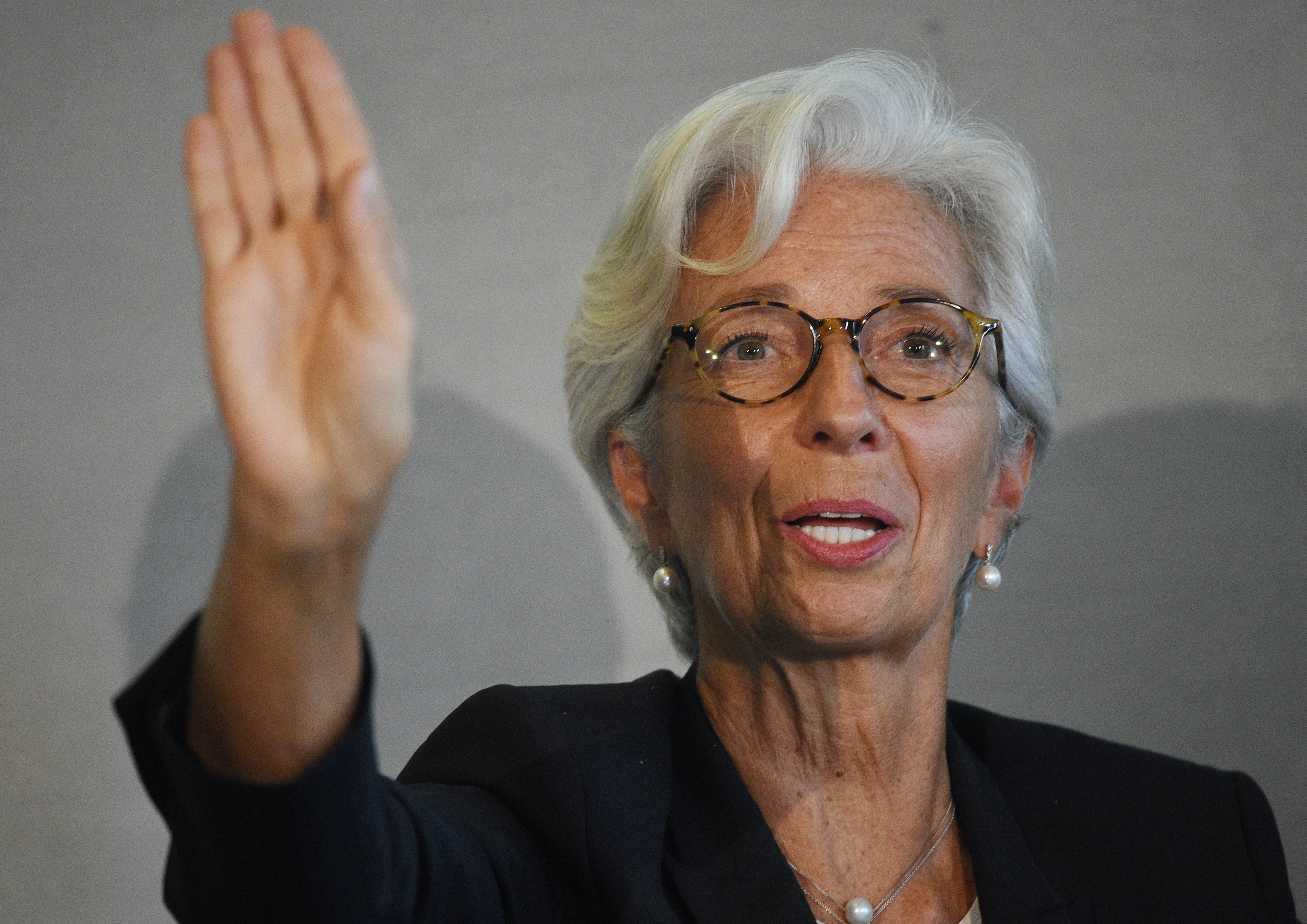Changing opinions, in Spain and internationally, on the economic effects of the Catalan case. After the 1st October Catalan referendum last year, alarms over the Catalan economy went off with the acceleration of the independence process and central government intervention, which caused negative announcements from various organisations, including the International Monetary Fund (IMF).
Within days of the referendum, the international body warned of the serious consequences that the constitutional crisis could have for the Spanish and Catalan economies, and called for a political debate on the issue. This led to them lowering their growth forecasts. Now, the IMF has changed its opinion and said that the impact of the Catalan issue was "less" than expected.
The statement came from the deputy director of the IMF's Research Department, Gian Maria Milesi-Ferretti. In remarks to Spanish news agency Efe, Milesi-Ferretti said that there had been "a lesser impact from the uncertainty on Catalonia" than that predicted by the organisation. He said that Catalonia's growth has been "modest", "good news" in comparison with the forecasts.
Spain's AIREF (Independent Authority of Fiscal Responsibility) also made a similar statement yesterday, evaluating the impact of the Catalan crisis on the Spanish economy as reducing GDP growth by 0.1 points, less than the predictions for the last quarter of 2017.
In relation to the autonomous community's deficit, the AIReF believe it "feasible" it will achieve its objective of 0.4% of GDP, but that there is a "moderate risk" it won't reach the 0.2% level set as a further target. These new statements amend last year's predictions, leaving the negative forecasts ringing hollow.

